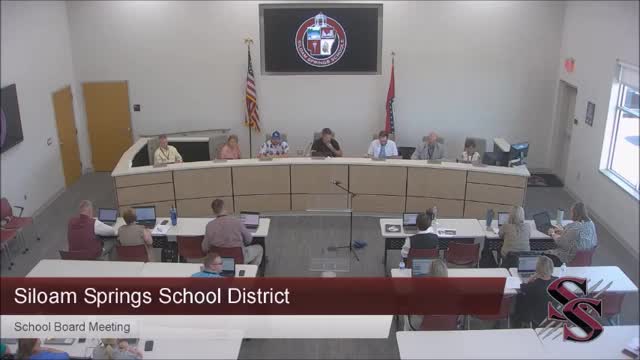Article not found
This article is no longer available. But don't worry—we've gathered other articles that discuss the same topic.
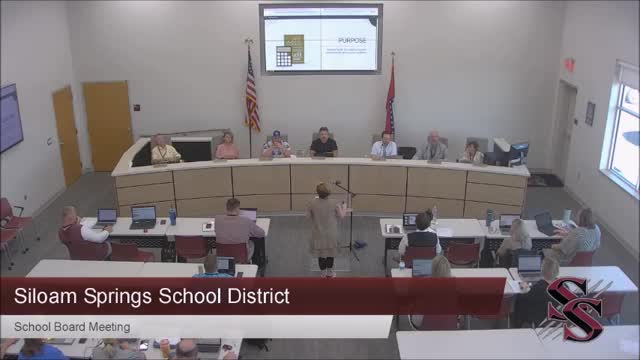
District finance review: $3.64 million in federal supports, possible $403,000 shortfall if some federal funds are withheld
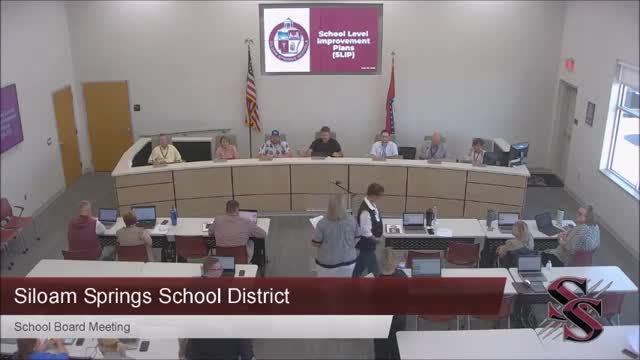
District explains SLIP cycle and high school goals as preliminary ATLAS results arrive
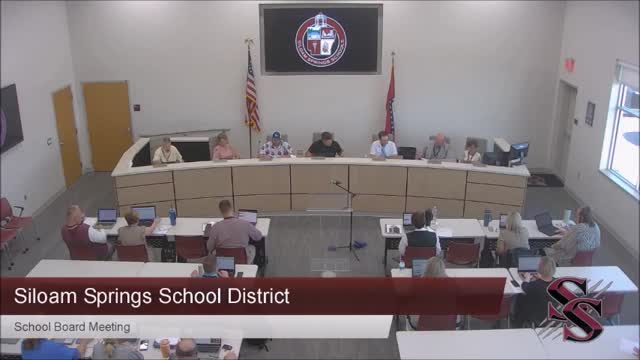
Votes at a glance: board approves packet items, personnel actions and mental-health agreements; tables PPC sick-bank proposal
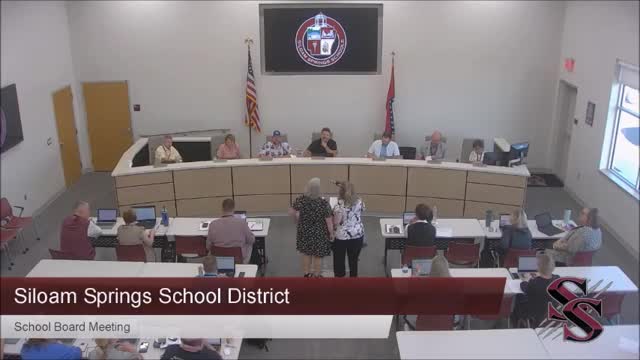
Teachers ask board to separate personal days from sick leave; trustees table proposal for further study
